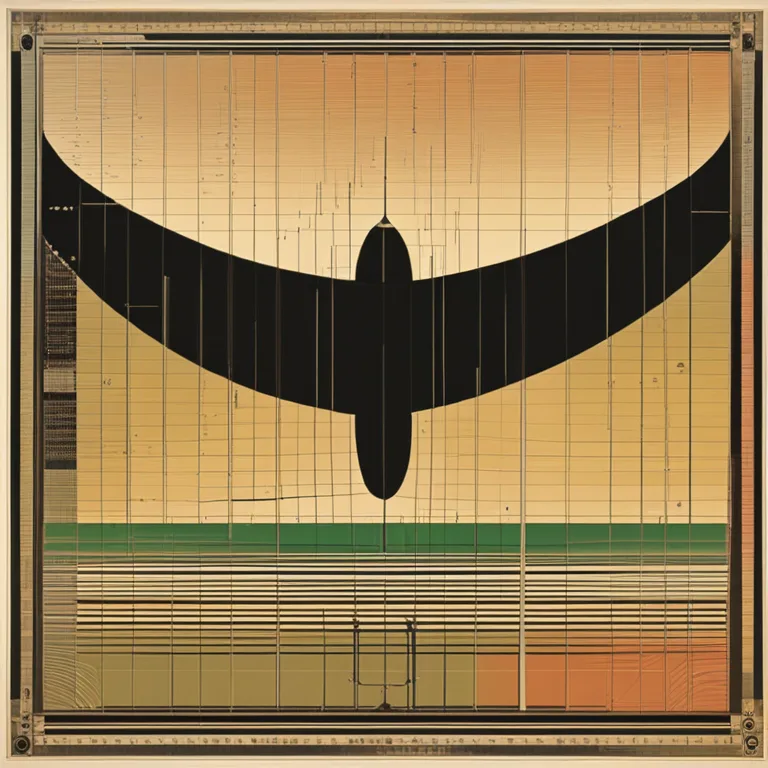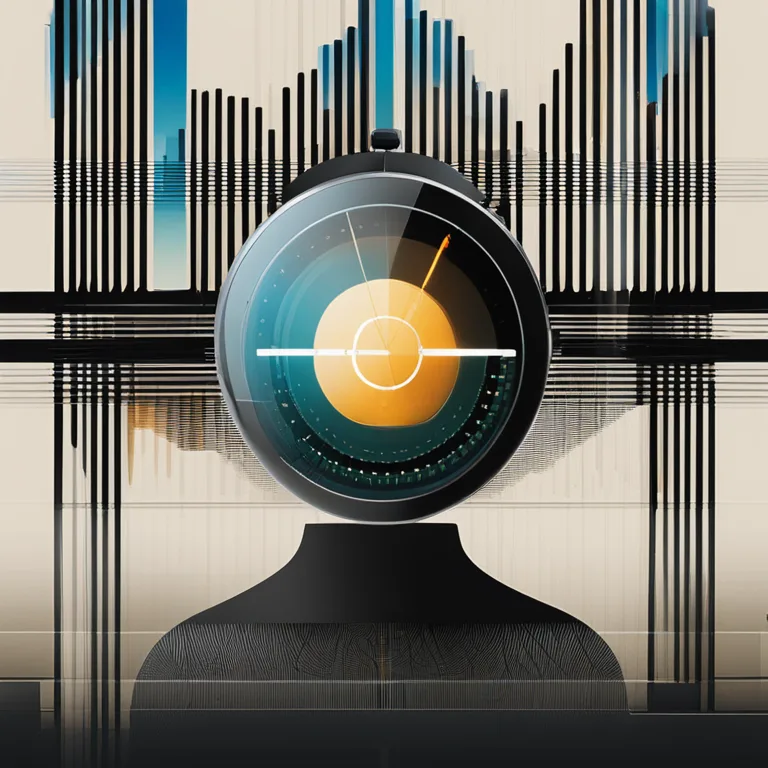
The Accuracy of Biorhythms: A Closer Look
This article evaluates the accuracy of biorhythm theory in predicting individual energy cycles and its relevancy in the modern world.
article by Adrian Wallace
Introduction to Biorhythms
Biorhythms are a concept that suggests our daily lives are affected by rhythmic biological cycles. The theory posits that from the moment of birth, three primary cycles—the physical, emotional, and intellectual—influence us. Throughout the 20th century, interest in biorhythms surged, with proponents claiming the ability to predict periods of high performance or susceptibility to accidents. However, as we move further into the 2020s, it's vital to reassess the relevance and scientific backing of biorhythms in light of contemporary research and technological advances.

The Science Behind Biorhythms
Biorhythm theory was initially presented by Dr. Hermann Swoboda and Dr. Wilhelm Fliess in the early 1900s. It was notably popularized in the 1970s, captivating those keen on self-optimization. The theory lacks robust empirical support and remains categorized under pseudoscience by many in the scientific community. While our bodies do have known cycles, such as circadian rhythms, the simplistic triadic approach of biorhythms is not supported by substantial scientific evidence, even as we make strides in understanding human biology in 2024.

Biorhythms in the Digital Age
The digital age has seen a resurgence of interest in personalized health data, including biorhythms. Numerous apps and online calculators purport to chart one's biorhythms, ostensibly aiding users in planning their activities. Despite the lack of scientific endorsement, many individuals report anecdotal evidence of perceived synchronicities. Nevertheless, these testimonials should be approached with caution, as they may fall prey to the placebo effect and confirmation bias—psychological phenomena well-documented by contemporary research.

Critical Perspectives on Biorhythm Accuracy
Scientific scrutiny requires reproducibility and falsifiability, features that biorhythm predictions often lack. Research from 2024 and earlier has yet to find consistent, objective validation of biorhythms correlating with life events. Moreover, studies that explored the predictive power of biorhythms found no statistical significance that would elevate them above the level of random chance. Critics of the theory argue that it is an oversimplification of the complexities of human biology and psychology.

The Appeal of Biorhythms
Despite skepticism within the scientific community, biorhythms retain popularity. The appeal lies in their promise of control and understanding of one's life. For some, charting biorhythms is a form of introspection and a method to anticipate challenges or optimize personal productivity. In a world increasingly obsessed with self-quantification and personal analytics, biorhythms cater to a desire for tools that offer insights into the self.
Moving Forward with Biorhythms
The accuracy of biorhythms may remain contentious, but their place in the cultural landscape is undeniable. As an area of interest, they continue to provoke curiosity, prompting further investigation and discourse. Whether future research will offer new insights or reinforce current skepticism is yet to be seen, but for now, biorhythms should be engaged with a combination of openness and critical thinking, remaining aware of the distinction between empirical evidence and belief.
Published: 12/28/2023
Modified: 12/28/2023
More predictions
Come back here soon to learn more about yourself and your future


The Reality Of Biorhythm Compatibility
Unravel the truth behind biorhythm compatibility and its role in personal relationships and daily life.


Unlocking Your Body's Natural Clock
Explore the intriguing world of biorhythms and discover how they influence your physical, emotional, and intellectual states.


Biorhythm Theory: Fact Or Fallacy?
Explore the fascinating concept of biorhythms to discern if there's any scientific accuracy behind this popular belief.